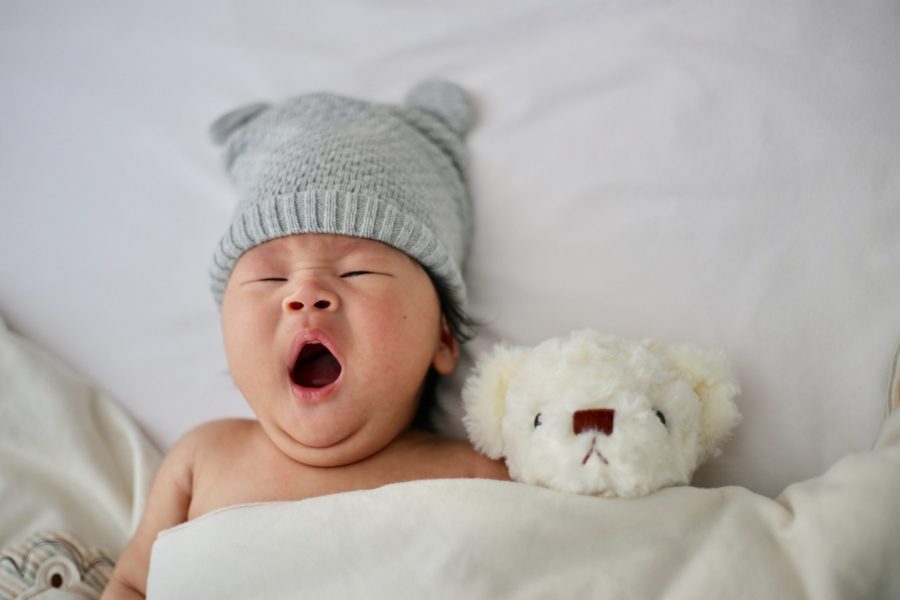“Some say happiness lives far away. Others say it resides in our own home. But true happiness lives in the cradle of a child begotten with love”.
I don’t know if Freud knew this Chinese proverb. I do know that Freud, in order to learn what happiness is, liked to contemplate the angelic peace, the calmness that is stamped on the face of the beloved child. Wealth does not make us happy,” he concluded, “and the proof is that money was never a childhood desire. Children do not dream of money, nor of sex, power, glory or vanity. Their happiness takes the form of arms, necks, breast and cuddles. They are happy to the extent that they feel waves and moments of affection.
Many people think that the greatest happiness a person can aspire to is to experience moments of joy and moments of sadness, times of anger and times of love, hours of disappointment followed by hours of burning faith. A novelist says that we spend our lives in a bewildering variable cloudiness (title of the book). Because of this atmospheric fickleness, we cease to strive for full happiness and content ourselves with the fashionable popcorn called “well-being” and “quality of life”.
By “well-being” we mean an existence provided with sufficient material means to have access to education and medical care, and not to be left without employment and social protection. Important? Undoubtedly, and any just society must seek all this for its citizens. All this and something else, the “quality of life”: good infrastructure, cultural activities that affect the body and the spirit, the possibility of human relations.
Do these things make up a happy life? The fact is that we adults take as much as we can, making happiness dependent on consumerism and comfort.
Perhaps most people have never spent a minute reflecting on why they buy a particular car, why they insist on buying the latest computer or a house that is too expensive for their pocket.
It is worth knowing that, once the basic needs of food, housing, clothing, health have been met, societies spend most of their assets on satisfying psychological needs:
- a) identity needs. The desire to belong to a social group leads adults and young people to consume products that the group appreciates. Hence the drive for the spectacular car, the fur coat, the branded trousers.
- b) security needs. Lost in the jungle of endless offers, the consumer clings to certain brands to be sure of making the right choice.
- c) Compensation needs. Loneliness, a disappointment, a professional failure lead us to buy products that would not be of interest if such situations did not exist.
- d) novelty needs. The desire to break the monotony of life, to alter something, encourages us to consume easily dispensable items.
In any case, is happiness directly related to the gluttony of consumption? Will indefinitely increasing the pile of items on the market mean raising the bar of happiness?
Most of the actions that bring happiness do not need trinkets. Savouring human relationships, strolling, contemplating landscapes and monuments, reflecting, none of these require expenditure. Other activities involve some expense, but those that are, in principle, more expensive do not bring more happiness. Reading, playing sport, listening to music, sharing a pleasant meal… all these things help us to savour life. Not to mention the joy of exercising some kind of solidarity. This is more satisfying than money, power or prestige.
“Of how many things I have no need”, said the philosopher Seneca, said St Philip Neri.
I would like to contrast two types of people: those who need to be rotten rich and get stuck in orgies to rejoice, and those who are happy down to the basement of their own being, living in sobriety and squandering peace and love. Which will be the freest and happiest?
Abílio Pina Ribeiro, cmf
(PHOTO: Minnie Zhou)






